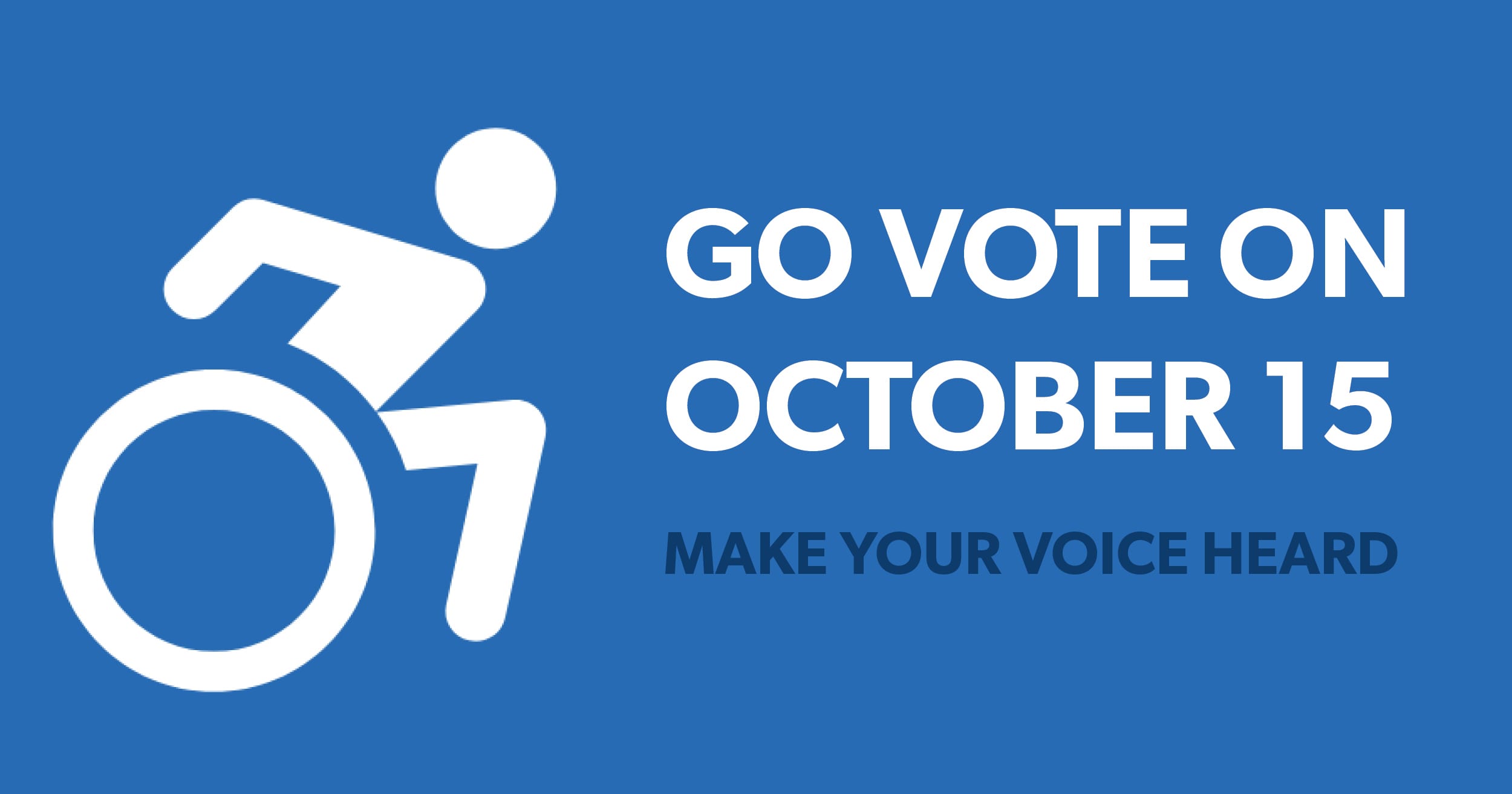Do you get involved in disability awareness activities in your community? Do you think that people with disabilities should spend time educating others about disability issues? If it is important to you, what do you think is the best way of going about it? If you do not see yourself as having a role in disability awareness, who do you think should be doing it, if anyone?
These are all questions that come up during my discussions with people I meet through SCI BC as well as at community events.
Recently several of us here at SCI BC were asked to present an informal workshop on disability awareness to a group of people who train employees to work with the public. In preparing a handout for the workshop and discussing what topics to cover, we got into a very interesting discussion about attitudes towards disability, appropriate language, how to encourage the general public to view different abilities as a normal part of the lifespan, and how things have changed during our lifetimes.
These are complex topics and there are many viewpoints about each. My perspectives come from a combination of professional and personal experiences around disability, as well as my academic studies which were focused on disability issues from a social work lens.
I’m always curious to learn from others about the different ways in which we can view disability. I’m particularly interested in the gap between the perspectives held by those who have experience with disability and those members of the general public who still hold certain stereotypes about people with disabilities.
I’d like to think that attitudes are improving and from what I’ve seen, I’m convinced that they are. Certainly I’ve had some personal experiences recently where members of the public who had no prior knowledge of disability seemed to “get it” very quickly and managed to ensure my needs were met without making a big deal out of it.
So what makes these people different? I didn’t have to justify my need for the help or explain that I could still do most other things without assistance. There was no pity involved, nor was there any suggestion that I should be revered for doing the activities I wanted to do.
With other people, I feel like I have to explain that my disability does not define me or prove that my life isn’t tragic just because I can’t see perfectly.
These differences in attitudes make it hard to “train” people about disability. Some people really need disability awareness training and others understand it after a very quick introduction to the topic. There are also many types of disabilities that affect people in completely different ways.
So how do we effectively get the message out there that disability doesn’t mean inability, or that everyone in society has needs which shift throughout a person’s life, whether disabled or not?
My approach thus far has been piecemeal. I educate people about my needs as necessary and about general disability issues whenever I get the chance. I like to remind people that everyone will experience changes in ability during the aging process and that we will all benefit from proper design of the built environment (such as automatic doors, elevators, clear signage, etc.).
I try to frame it in a way that encompasses everyone, rather than making disability about a “special” group. Some people need more help than others, of course, but that’s true of people without disabilities too. The key, in my opinion, is to approach everyone with respect and to somehow spread the message to members of the general public that we are all people, with a range of abilities, interests, and objectives in life. By promoting the universal nature of the range of human experiences, we can help people to better understand disability as simply one aspect of people’s lives.
Some people are more comfortable talking about these issues than others are. I would be curious to know in what ways our members educate others about disability or whether you even think it’s important to do so. What sort of reactions have you had from the public? What types of attitudes do you encounter? What do you think needs to change, if anything?
Please feel free to add your comments here. If you want to talk in more detail about these issues, contact InfoLine at 1 800 689 2477 or email info@sci-bc.ca at any time. We’re always happy to talk about this or any other issue related to disability and can help you to determine what you would like to do next.




